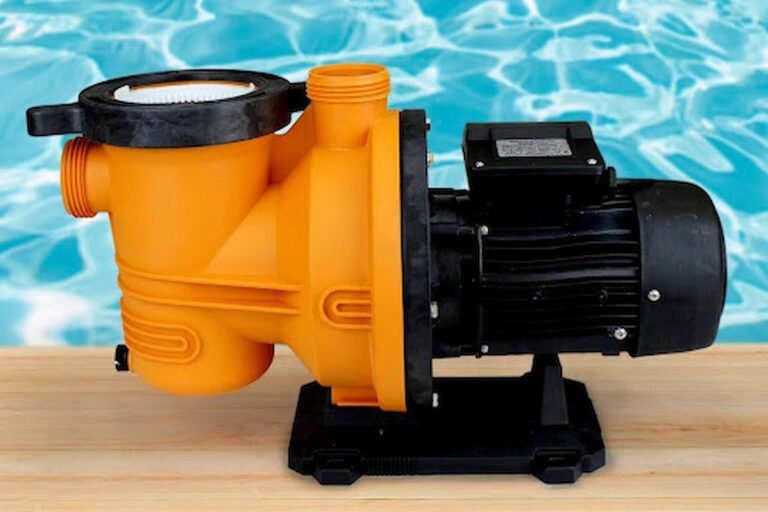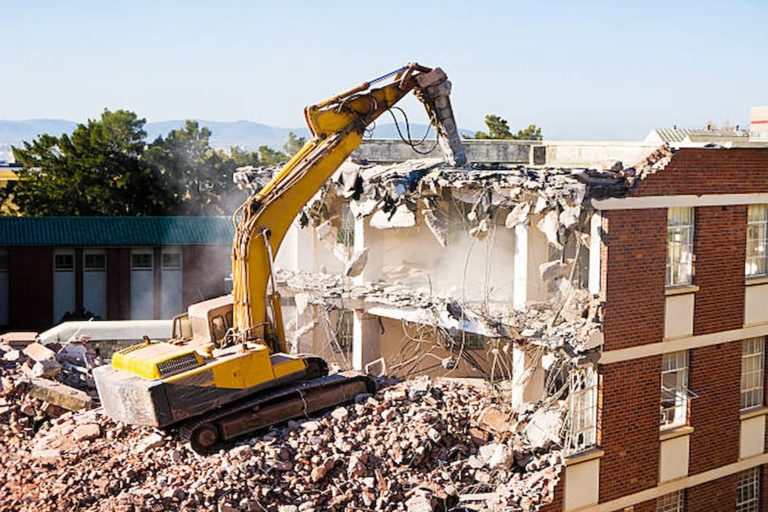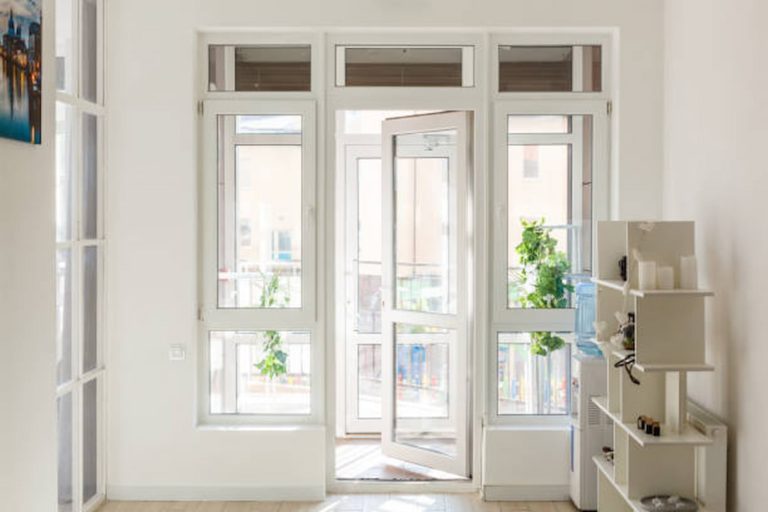Most people have heard of cavity wall insulation and realise that installing it in their home could potentially save them money. However, a surprising number of people are yet to do so. They tend to believe that it will not pay for itself. Slowly that is changing as people get used to the fact the +10% rises they have seen over the past couple of years are very much here to stay. As a result, there is renewed interest in the product and the industry is expecting demand for the kind of insulation that can be retrofitted to a home to soar.
However, sales of the kind of cavity wall insulation that can be installed when a home is actually being built are already strong. Builders and private individuals who are having extensions or new homes built are paying far more attention to how a home is insulated than they once did. For consumers how well a home is insulated is a big consideration. It can even affect how easy it is to sell a newly built home.
This concern for how well a building is insulated is also beginning to spread to companies who are leasing or buying commercial properties. Firms are finding that their fuel bills represent a significant percentage of their overheads so are looking for buildings that are cheap to run as well as buildings with low rents and rates.
Types of Cavity Wall Insulation
There are many different kinds of cavity wall insulation available to the building trade. Most of the insulation that is designed to be fitted during the building process comes in the form of blocks or sheets. However, you can also buy rolls of thinner insulation. Most builders are not only insulating the cavity between walls they are also insulating the inside of walls, and internal stud and plaster walls as well.
When buying cavity wall insulation it is important to shop around to find the best deal. However, before doing so you need to educate yourself about insulation. Understanding exactly what the performance figures mean will really help you to make the right decision.
YBS Insulation sells a huge range of cavity wall insulation products. Visit their website to find out more about each product including detailed performance figures.



